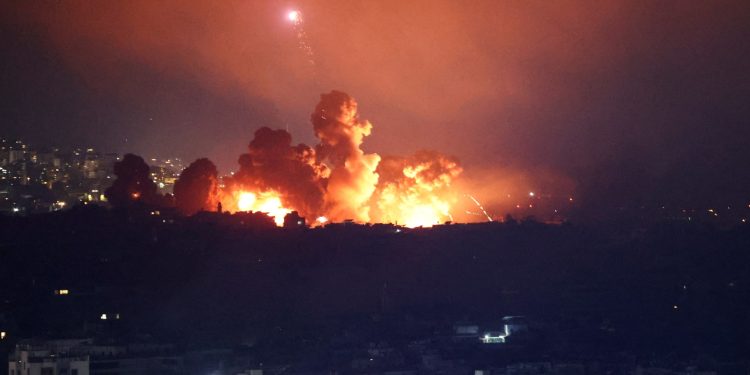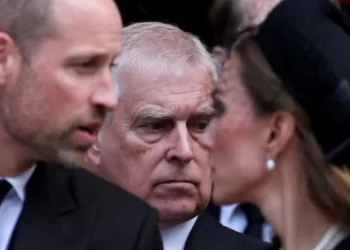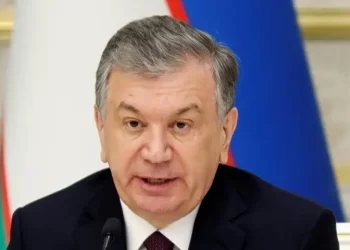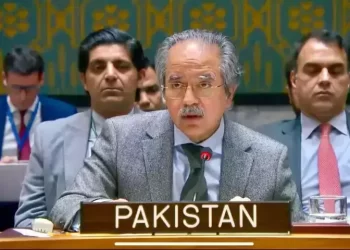Israel hits Beirut’s southern suburbs with its largest attack yet and cuts off a vital escape route into Syria.
Huge explosions rocked the Lebanese capital’s southern suburb overnight, shaking the ground and sending plumes of smoke into the skyline.
Residents in Beirut said the bombardment was so intense that car alarms went off and buildings shook as Israeli fighter jets pounded the densely populated outskirts, including the international airport’s perimeter.
A source close to Lebanon’s Hezbollah group told the AFP news agency that Israel conducted 11 consecutive raids in what has been described as its most violent attack so far on Beirut.
The Israeli military has not issued an official statement and Hezbollah has not commented.
Israeli media reported that Hezbollah’s Hashem Safieddine – a possible successor to leader Hassan Nasrallah, who was killed in an Israeli attack last week – was the target of the air raids.
The Israeli military also hit Lebanon’s Masnaa border crossing with Syria in a separate attack, cutting off a road linking the two countries that was being used by hundreds of thousands of people to flee Israeli bombardments in recent days.
More than 300,000 people – mostly Syrian – crossed from Lebanon into Syria over the last 10 days to escape escalating Israeli bombardment, according to Lebanese government statistics.
Lebanon’s Minister of Public Works and Transport Ali Hamieh told the Reuters news agency the attack hit inside Lebanese territory near the border crossing, creating a four-metre (12-feet) wide crater.
Israeli Prime Minister Benjamin Netanyahu said Iran would pay for the assault, while Washington said it would work with its longtime ally to ensure Iran faced “severe consequences”.
US President Joe Biden said he did not believe there is going to be an “all-out war” in the Middle East, but warned there was yet “a lot to do” to avoid such a war.
Supreme Leader Ayatollah Ali Khamenei was expected to lead Friday prayers at the Imam Khomeini Mosque in central Tehran for the first time since 2020, delivering a public sermon that may shed light on Iran’s plans after its missile attack.
Iran’s Foreign Minister Abbas Araghchi landed in Beirut on Friday, just hours after Israeli air attacks hit the airport’s perimeter, in the first visit by a top Iranian official since an Israeli strike killed Nasrallah in the Lebanese capital last week.
Israel has carried out deadly air raids in Beirut and across the country, killing more than 1,000 people, according to Lebanon’s Ministry of Public Health, and forcing hundreds of thousands to flee their homes.
Fears of wider war
Beirut’s southern suburb of Dahiyeh has been attacked relentlessly amid Israeli orders to evacuate homes in some areas. Several air raids also struck beyond the confines of the capital’s suburbs for the first time this week, including in the central district of Bashoura, just metres away from Lebanon’s parliament.
In southern Lebanon, where Hezbollah holds sway, the Israeli military said it launched “limited, localised and targeted raids” overnight Monday, after days of heavy bombardment of the area.
Israel has justified its ground incursion saying it aims to secure its northern border and ensure the safe return of more than 60,000 people displaced by Hezbollah attacks over the past year. The Lebanese group had engaged in a tit-for-tat fire exchange after Hamas’s October 7 attack to pressure Israel to halt its war on Gaza.









